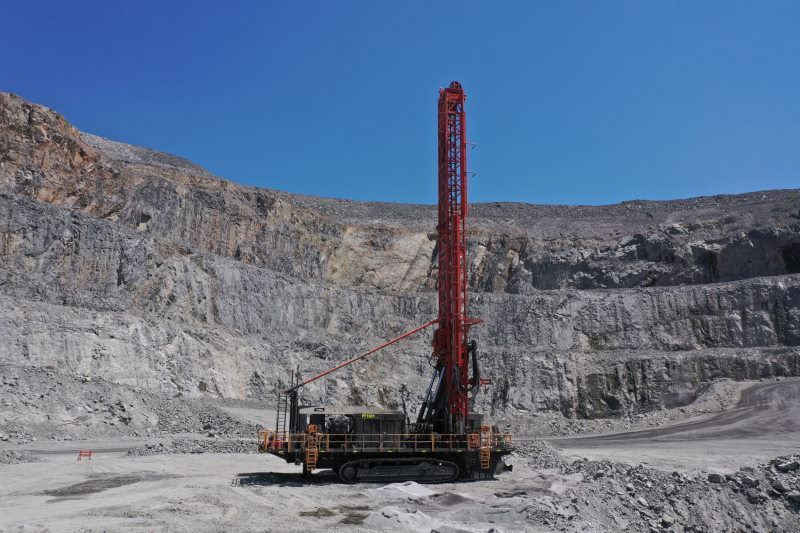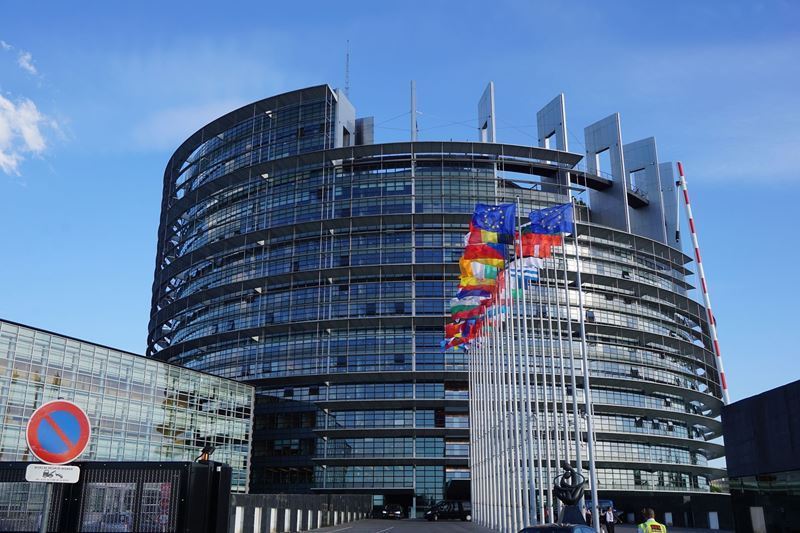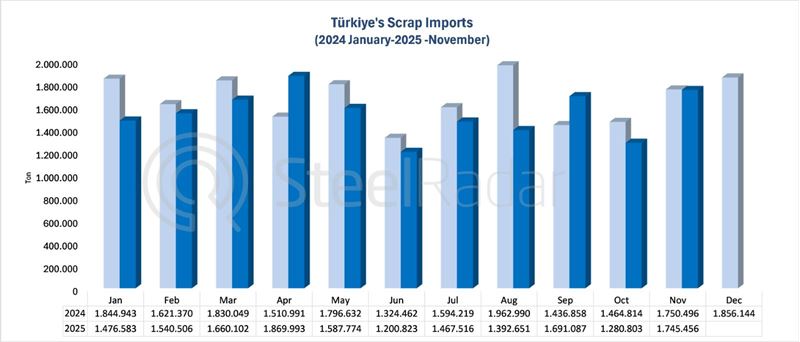According to the new proposal expected from the European Commission on Wednesday, these sectors will not have to pay for carbon emissions related to their exported products. This will create a fairer competitive environment for European producers against countries with lower environmental standards.
EU Climate Commissioner Wopke Hoekstra stated the Financial Times that measures like the border carbon tax are “perfect for decarbonization” but stressed that they must not result in “harm to our own companies” or cause “unfair competition in the global market.”
New Climate Target for 2040: 90% Emission Reduction
These proposals will be presented alongside the EU’s new plan aiming to reduce greenhouse gas emissions by 90% compared to 1990 levels by 2040. However, some member states, including France, have stated they will not accept this target without concessions for industry and greater recognition of nuclear energy.
The EU has also given the green light for up to 3% of the 2040 target to be met through international carbon credits. This mechanism refers to financial tools used to offset carbon released into the atmosphere via projects such as reforestation. However, the EU’s scientific advisory board has opposed including these credits in climate targets, warning that it could weaken local emission reduction efforts.
Hoekstra noted this approach could serve as a “bridge” for climate action with developing countries and should be considered within development aid and business partnerships.
Carbon Refund Planned for Exports
Since the launch of the Carbon Border Adjustment Mechanism (CBAM) in 2021, the European industrial sector has been seeking solutions related to exports. According to the new proposal, payments companies make to cover emissions on exports will be refunded. These refunds are planned to be financed by revenues from the border carbon tax.
As the border carbon tax is phased in, free emission allowances for industry will also be gradually withdrawn. Currently, the carbon price under the EU Emissions Trading System is around 70 euros per ton. The EU Cement Industry forecasts that if this price rises to 125 euros by 2030, more than half of production costs will stem from carbon costs.
Samuel Flückiger, Head of Climate and Circular Economy Policies at Thyssenkrupp, emphasized the critical importance of export markets for the sector, stating, “It wouldn’t be wise to risk these markets in an already weak market.”
Will the EU Step Back from Climate Goals?
The new regulation will be detailed by the end of the year. The 2040 target is considered a critical milestone to guide industrial investments and confirm the EU’s commitment to its green transformation. Despite pressure from right-wing populist groups, the EU remains largely committed to its 55% emission reduction target by 2030.
Meanwhile, more than 150 companies including Iberdrola, Unilever, Inditex, and Vattenfall released a joint letter urging the EU to stick to its climate goals. The companies stated, “A strong climate target and decarbonization of our economies will increase the EU’s resilience to shocks, energy security, and competitiveness.”
Financial Times










Comments
No comment yet.